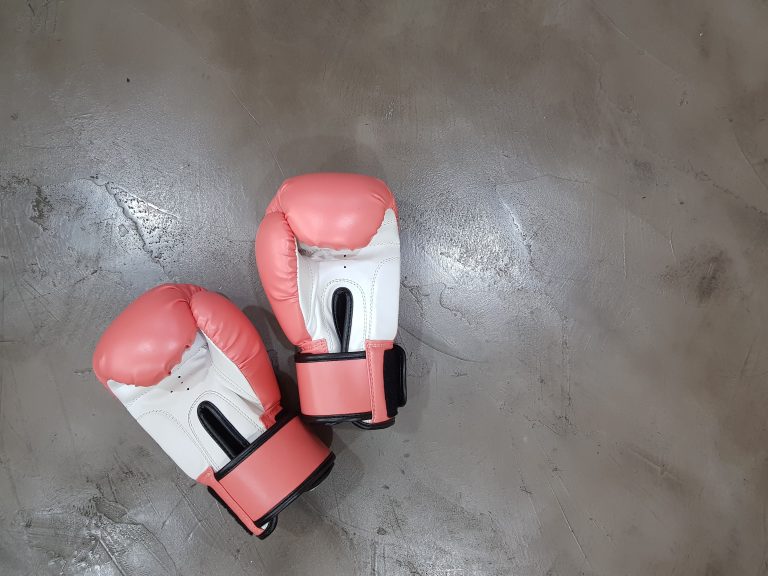Karate and Stress Management: How You Can Train Your Nervous System
Stress is a common problem faced by people of all ages and professions. It can affect your physical and mental health, leading to issues such as anxiety, depression, sleep disturbances, and weakened immune system. However, there are numerous ways to manage stress, and karate is one such effective method. In this blog post, we will discuss how karate can help you manage stress by training your nervous system.
What is Karate?
Karate is a traditional Japanese martial art that involves various defensive and offensive techniques, such as kicking, punching, and striking. The main aim of karate is to train your body and mind to become stronger, faster, and more disciplined. It is a rigorous discipline that involves a lot of training and practice, and it requires regular commitment to develop your skills.
The Connection between Karate and the Nervous System
The nervous system is a complex network of nerves and cells that transmit messages between the brain and different parts of the body. It controls all the bodily functions, both conscious and unconscious, and reacts to stress and anxiety by activating the “fight or flight” response. This response releases hormones such as cortisol and adrenaline, which can impact our physical and mental health.
Karate can help train your nervous system by exposing you to stressful situations in a controlled and safe environment. During training, you might face numerous challenges and obstacles that can activate your stress response, such as sparring, learning new moves, or competing in tournaments. However, when you practice these challenges regularly, your nervous system adapts to handle them better, leading to reduced stress levels overall.
The Benefits of Karate for Stress Management
Apart from helping to train your nervous system, karate offers numerous other benefits for stress management, including:
Increased Physical Activity
Physical activity is one of the most effective ways to reduce stress and anxiety. Karate involves many physical movements that require strength, coordination, and agility, and practicing karate regularly can help you develop greater mobility and flexibility, leading to improved overall physical health.
Improved Mental Health
Karate requires a high degree of mental focus, discipline, and concentration. Practicing karate can help improve your mental clarity, reduce symptoms of anxiety and depression, and increase self-esteem and confidence.
Camaraderie and Community
Karate is usually taught in group settings, which can help foster a sense of community and belonging. It provides an opportunity to interact with others who share similar interests and goals, leading to social support and a feeling of being part of a team.
Conclusion
Karate is an effective method of stress management that involves regular physical activity, mental focus, and social engagement. Apart from training your nervous system to better manage stress, it offers numerous other benefits for overall physical and mental health. If you’re looking for a way to reduce stress and improve your overall well-being, consider incorporating karate into your routine.
Karate and Stress Management: How You Can Train Your Nervous System
In this fast-paced world, stress has become an inevitable part of our lives. We all deal with stress in different ways, but have you ever considered martial arts as a stress-relieving activity? Karate is a popular martial art that not only helps you learn self-defense techniques but also assists in managing stress. In this blog post, we will discuss the most frequently asked questions about Karate and stress management.
What is Karate?
Karate is a Japanese martial art that involves different techniques such as punching, kicking, knee strikes, and open-hand techniques. The fundamental principles of Karate include self-defense, physical fitness, and mental strength. It involves following the code of conduct- respect, discipline, and self-control.
How does Karate help in stress management?
Karate involves various physical and mental exercises that help in stress management. Regular Karate practice has shown to decrease stress hormone levels in the body, such as cortisol and adrenaline, which are responsible for the fight or flight response. Karate practice also provides a platform to vent out frustration, anxiety, and stress constructively, thereby reducing the negative effects on the body and mind.
What are the different techniques used in Karate for stress management?
There are multiple techniques that one can use to manage stress through Karate, such as:
Deep breathing exercises:
Deep breathing is a vital aspect of Karate practice. Controlled breathing exercises help to calm the mind, reduce tension and improve the relaxation response.
Meditation:
Meditation is another technique that assists in stress management. Through meditation, one learns to focus on the present moment, let go of negative thoughts, and become more aware of oneself, creating a better sense of control.
Physical Exercises:
Karate involves various physical exercises such as Kata, Kihon, and Kumite, which help in endurance, strength, and flexibility. These exercises release endorphins, the hormones responsible for happy feelings and reduce the negative effects of the stress hormones.
Positive Affirmations:
Karate exams involve performing Katas, which are pre-set sequences of movements. Before performing a Kata, Karate practitioners recite positive affirmations that help with regulating emotions and decreasing stress.
Is Karate suitable for everyone to manage stress?
Karate is a practice that can benefit anyone, regardless of age, gender, or physical abilities. However, it is essential to consult a doctor before starting Karate, particularly those with pre-existing medical conditions.
How long does it take to see the benefits of Karate for stress management?
Karate practice can show results very quickly, even after a few sessions. However, the full benefits of Karate in stress management are seen after regular practice over an extended period, such as a few months to a year.
Are there any precautions to take while practicing Karate for stress management?
Practicing Karate involves physical exercise and mental focus, which may be challenging for some individuals. It is essential to start slowly and practice under a certified instructor to learn the proper way of movements and avoid any injuries.
Conclusion
In conclusion, Karate is a beneficial practice for stress management, providing a platform to improve mental strength, physical fitness, and the ability to deal with stress constructively. With regular practice, Karate can help reduce the negative effects of stress on the body and mind. So, why not give it a try and start reaping the mental and physical benefits of Karate practice today?
Inhaltsverzeichnis






